A HUGE thank you to all of our amazing speakers!
All presentations will be recorded and will be available for a limited time after the conference.
Recordings, slides and handouts will be emailed after the conference.
2024 Colorado Lactation Conference Program
2024 Keynote Speakers
 Laurel Wilson, IBCLC, RLC, INHC, CLSP, BSc
Laurel Wilson, IBCLC, RLC, INHC, CLSP, BSc
Keynote – General Session: 9:10 a.m.-10:10 a.m. – Morning Session
Tik Tok Times: The Impact of Social Media During Lactation
Social media has proven to be the main way Millennial and Gen Z parents communicate and get healthcare information, yet privacy practices and guidelines for healthcare use of social media is lagging. To add to this, artificial milk companies and the Fed is Best Organization are using social media against the recommendation of the WHO International Marketing of Breastmilk Substitutes to their advantage, which is increasing misinformation. Many healthcare providers wish to utilize social media to engage, educate, inform, and interact with their patients. However, due to a lack of distinct guidelines and misunderstanding about privacy practices with social media, many healthcare providers are unknowingly sharing personal and private healthcare information. This presentation offers an understanding of the most common social media platforms, exploration of how millennials use social media (particularly during pregnancy and lactation), how artificial milk companies are using social media, and how healthcare professionals can use social media effectively and ethically.
BIO: Laurel Wilson (she/her) is a TedX and international speaker, women’s health and perinatal specialist, integrative nutrition health coach, international board-certified lactation consultant, speaker consultant, educator, and author. Laurel has authored two books, The Attachment Pregnancy and The Greatest Pregnancy Ever. Her passion is blending today’s recent scientific findings with mind/body/spirit wisdom to highlight the magnitude and importance of the perinatal period. Laurel has been joyfully married to her husband for three decades and has two wonderful grown sons, whose difficult births led her on a path towards helping emerging families create positive experiences. She believes that the journey into parenthood is a life-changing rite of passage that should be deeply honored and celebrated.
MotherJourney.com | @motherjourneylaurelwilson
—
Keynote – General Session: 10:20 a.m.-11:20 a.m. – Morning Session
Hands On Examination and Assessment of the Lactating Breast
This talk will provide an overview of internal and external breast anatomy, easy-to-remember landmarks for ensuring an assessment is complete, discussion of the changing view of the anatomy of the lactating breast in recent history, and conflicts in thinking about breast physiology and lactation function. Additionally, this talk will provide learners with a step-by-step walk-through of a breast examination, discussion of normal & abnormal breast anatomy – including if a problem should be discovered, the language used to bring it to the parent’s attention – and how and why to use inclusive language, gaining and maintaining consent, avoiding mistakes when discussing breast anatomy, and creation of a provider report to describe the results of your assessment.
BIO: Bryna (they/them) is a lactation consultant, birth doula, & educational speaker. They specialize in helping families with complex situations. Bryna is passionate about offering trauma-informed, client-centered care to every family. This means that the client’s goals are always the focus of care.
When not working with clients, Bryna manages the business side of Doula My Soul. Outside of work, Bryna likes crafting projects and writing poetry. Bryna lives in Camas, WA with their partner, 4 kids, and 3 dogs. Bryna identifies as part of both the Neurodivergent & Queer communities.
—
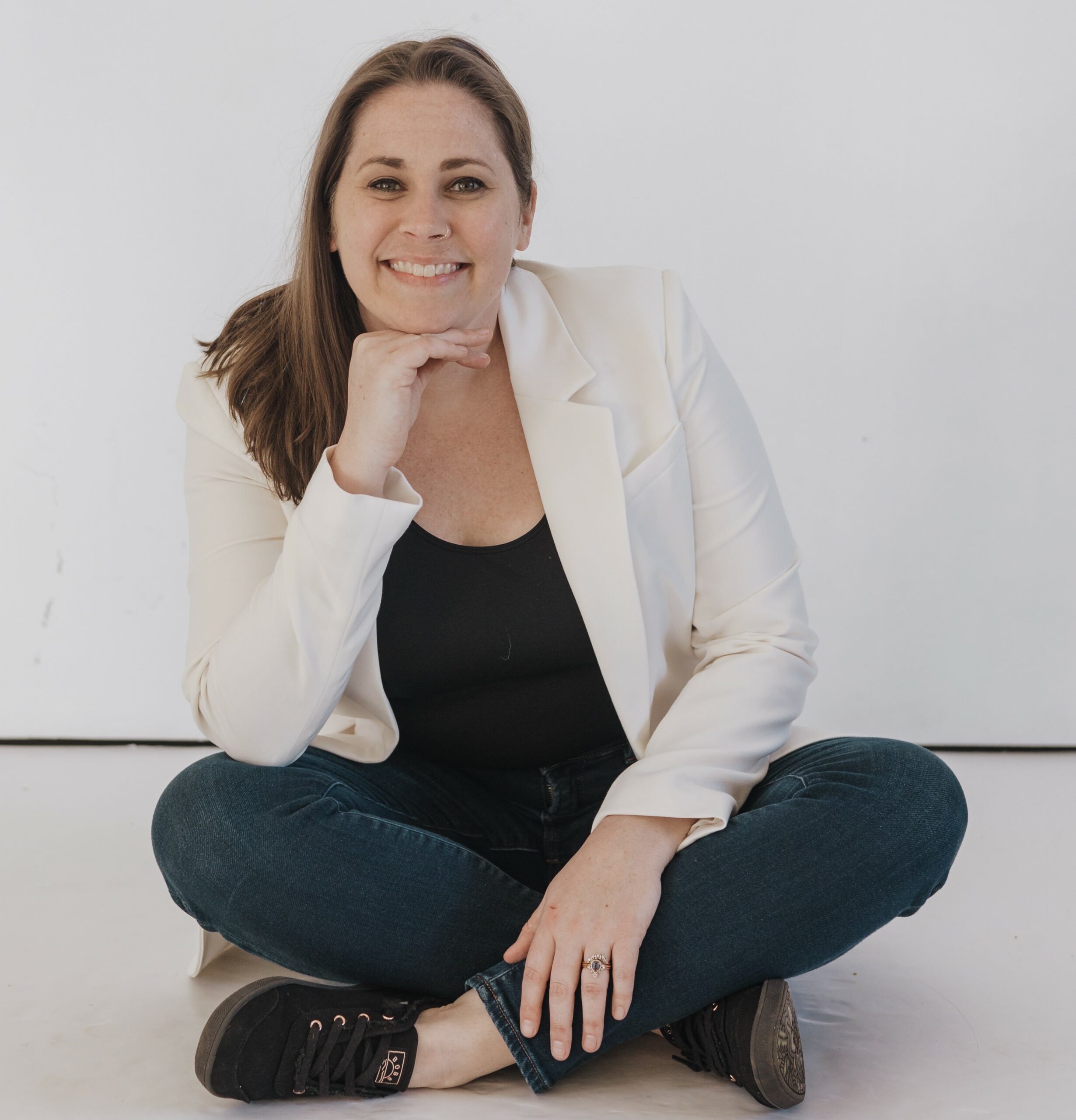 Hope Lima, PhD, RDN, IBCLC
Hope Lima, PhD, RDN, IBCLC
Keynote – General Session: 11:30 a.m.-12:30 p.m.- Morning Session
Cow’s milk protein allergy management in human milk-fed infants
Occult blood in the stool of an exclusively breastfed infant can indicate a cow-milk/soy protein allergic colitis. In some instances, pediatricians may recommend moving the symptomatic infant to infant formula to help provide a resolution. Research shows, though, that elimination of the appropriate allergens from the maternal diet can improve or resolve infant symptoms. As not all infant allergic colitis is due to a cow-milk/soy protein intolerance, this presentation will overview clinical differences between food protein-induced allergic proctocolitis (FPIAP), food protein induced enterocolitis syndrome (FPIES) and gastroesophageal reflux disease (GERD), as well as the difference between IgE and Non-IgE mediated allergic responses in breastfed infants. Then, the basics of an elimination diet and criteria warranting introduction of an elimination diet will be summarized.
BIO: Dr. Hope Lima (she/her) is a nutrition and lactation educator and clinician who wants to help raise the bar for how we care for clients in the field of maternal and child health. She became an International Board Certified Lactation Consultant (IBCLC) in 2017, completed her PhD in nutritional biochemistry in May 2018, and became a Registered Dietitian Nutritionist (RDN) in September 2020. She is also a wife, step-mother to three, dog lover, and nature enthusiast.
Hope Feeds Families | feeding-families.com | @hopefeedsfamilies | @feedingfamilieseducation
—
Breakout Session Speakers
—
BREAKOUT #1
 1 A. Moving and Grooving: Use of Vibration and Movement for Reflex Integration
1 A. Moving and Grooving: Use of Vibration and Movement for Reflex Integration
SPEAKER: Bryna Hayden, IBCLC
From conception through adulthood, movement drives development and function. This lecture covers the landscape of development facilitated by movement, the impacts of movement on feeding, use of movement to help develop skills at breast, and teaching movement to parents in an accessible way. Vibration has long been used as a safe and effective tool for muscle tone modulation, and parents have the ability to impazcttheir baby’s breastfeeding at home in a positive way. This talk discusses how to use vibration with parents and their babies to help modulate hypersensitive responses that impact breastfeeding.
BIO: See above – Keynote speaker
—
1 B. Small Steps, BIG Gains: Outpatient Breastfeeding Toolkit for NICU Graduates
Small Steps, BIG Gains addresses the complexities of breastfeeding in the NICU environment, highlighting challenges faced by NICU dyads. It explores the significance of the synactive theory of development in facilitating successful breastfeeding within this context and examines the phenomenon of premie shutdown and its impact on breastfeeding outcomes. Additionally, practical solutions are introduced to mitigate these challenges and support NICU graduates transitioning to home care, addressing resource limitations in the process.
BIO: Dr. Patel is a board-certified pediatrician, neonatologist, and breastfeeding specialist, with a passion for improving postpartum care and infant nutrition. As the founder and owner of NayaCare: Fourth Trimester Clinic at Your Doorstep, she has dedicated her career to understanding and advocating for the critical importance of the fourth trimester in maternal and infant health. Her multifaceted career includes being a published author and researcher, a TEDx speaker, a podcaster, Colorado medical director of Family Connects, and the co-founder of the Center of 4th Trimester Care, a national nonprofit organization.
NayaCare.org | @nayacare
—
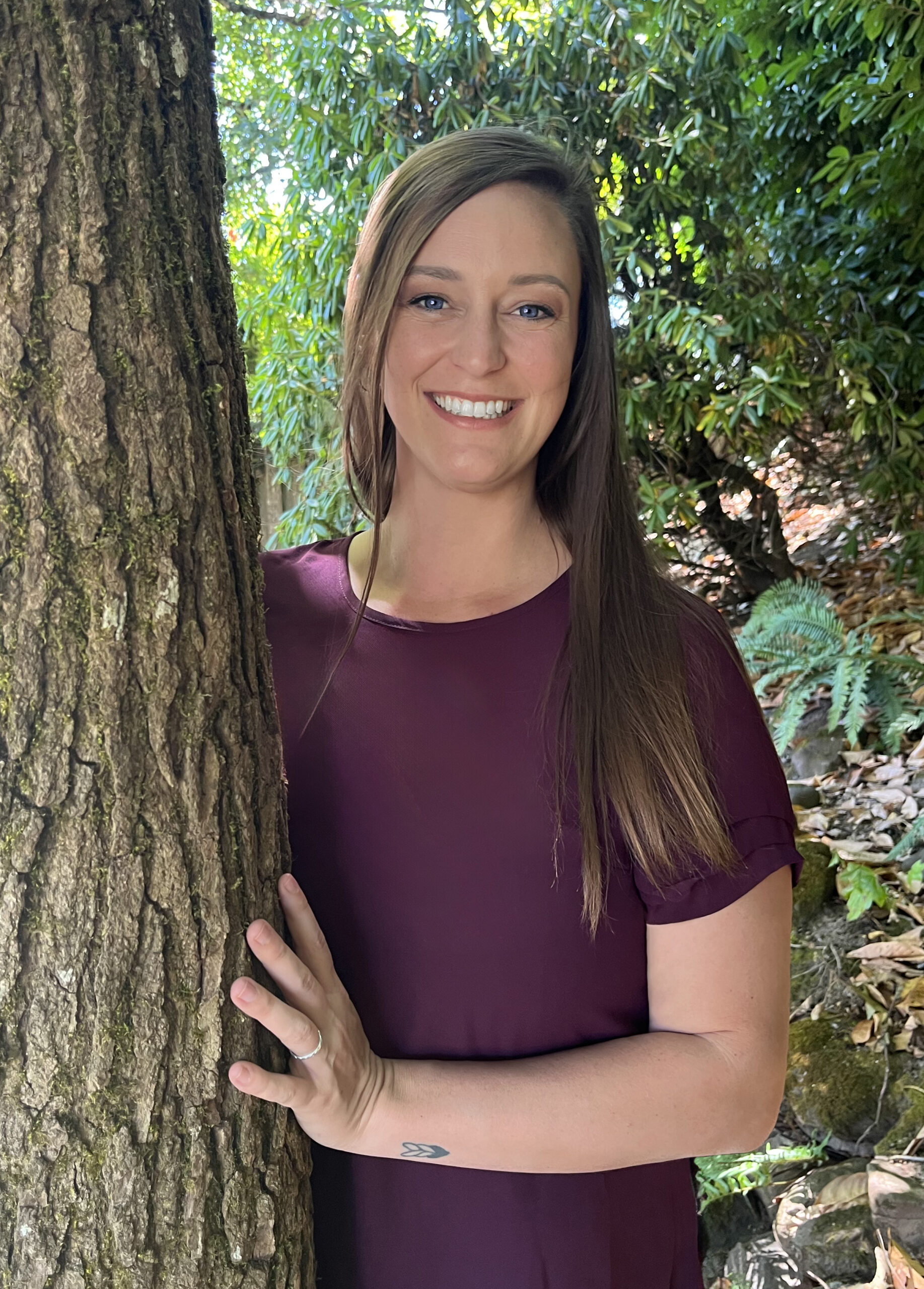 1 C. Latching onto Change: Innovations in Access to Lactation Care
1 C. Latching onto Change: Innovations in Access to Lactation Care
SPEAKER: Holly Johnson, IBCLC
Access to quality lactation care is one of the biggest hurdles facing new parents. Geographic isolation compounds the issue further. While families cannot control the availability of local services, professionals in the lactation field can devise innovative solutions to address these barriers and ensure equitable access to care for all families. This presentation explores diverse approaches such as telehealth, pop-up, and mobile lactation clinics, which provide expert lactation support directly to communities. These innovative strategies have the potential to improve breastfeeding initiation and duration rates, reduce disparities in access to care, and promote maternal and infant health outcomes. The goal of this presentation is to arm others in the field of lactation with the knowledge to improve access to care within their own communities by bridging the gap for those unable to receive care due to geographic location. Attendies will come away with understanding of how geographic location impacts access to care, and innovative ways to improve access to lactation care in their own communities.
BIO: A private practice IBCLC with a passion for improving access to lactation care. She has a BS in Human Lactation and MCH and in the process of completing a MPH in MCH from the University of Nebraska Medical Center. She is a military spouse and mother of three who has worked and lived in many rural areas around the country (including in Colorado), which has informed her practice in how to increase access to struggling families. Holly built a mobile lactation clinic with these families in mind, to offer support and education to underserved communities. She provides training and workshops to help increase basic breastfeeding knowledge and support for MCH professionals. Seeing a need for improving access to care on a state level, Holly has formed and holds the president position for the Missouri State Lactation Foundation, a nonprofit to improve access to IBCLCs in Missouri.
HollyJohnsonIBCLC.com | @Holly_Johnson_IBCLC
—
BREAKOUT #2
 2 A. Latch Assessment and Management of Milk Supply
2 A. Latch Assessment and Management of Milk Supply
SPEAKER: Hope Lima, PhD, RDN, IBCLC
A painful latch and subsequent low milk supply is a major reason why lactating parents don’t meet their stated breastfeeding goals. However, assessing a latch is more complicated than checking to see if the baby’s lips are flanged. In this presentation, participants will be learning what to look for in an infant global assessment and oral assessment to determine the root cause of painful latch and appropriate interventions for each cause. Participants will also learn how to support milk supply in the lactating parent while working towards pain free breastfeeding.
BIO: See above – Keynote speaker
—
 2 B. Human Milk Feeding and Substance Use, New ABM Guidance
2 B. Human Milk Feeding and Substance Use, New ABM Guidance
SPEAKERS: Kelly McMullen, MD and Kaylin Klie, MD
We will review new ABM guidelines for Human Milk Feeding for parents with Substance Use as well as Colorado Law regarding reporting and how this can impact potential policy changes to account for new guidelines. Focus will be on mostly illicit/illegal drugs.
BIOs: Dr. Kelly McMullen is a family physician and certified lactation counselor who has dedicated her career to care for people through the transition to parenthood, especially those in marginalized communities. She was born and raised in Denver. She attended Rice University in Houston, Texas, and graduated with a BA in Anthropology. Following graduation, she worked for a nonprofit promoting public health in Latin America where she found her calling to be a physician. She returned to Denver, attended the University of Colorado School of Medicine, and a residency at St. Joseph Hospital. There, she helped establish the obstetrics training track and Maternity Care Fellowship for Family Physicians seeking advanced training in operative and higher risk obstetric care. Following residency, she worked at the Salud Clinic in Brighton, Colorado, was the Associate Director for the Maternity Care/Obstetrics Family Medicine Fellowship at St. Joseph Hospital, counseled for the Jefferson County Family Planning Department and Planned Parenthood of the Rockies. In 2016, she became a CLC and since has used this expertise to support lactation innovation at St. Joseph Hospital, was director of the Colorado Lactation Journal Club from 2017 to 2022, planning chair for the annual Colorado Maternal Morbidity and Mortality Summit since 2017. She is currently part of the faculty for the Family Medicine Residency at Denver Health and works at the Lowry Family Health Clinic where she continues to provide care for the underserved and advocate for peripartium and lactation health. She was recently elected as the co-Chair of the Denver Health Lactation Task Force. At home, she loves to get out in the sunshine to run, bike and swim. She is an avid knitter, mother of two kids and two cats, wife to another doctor, daughter to wonderfully supportive parents, and always grateful when anything ever gets done in this chaotic world.
Dr Klie is the Associate Professor of Family Medicine for the University of Colorado School of Medicine as well as the Addiction Medicine Fellowship Program Director. Dr Klie received her Bachelor of Arts degree in 2004 from Wheaton College in Illinois and went on to receive her Master of Arts from Wheaton in 2007. After graduate school, Dr Klie attended Rush Medical College and then moved to Colorado for her Internship and Residency programs in 2012 and 2014, respectively. In 2015, she completed a Fellowship with the University of Colorado Addiction Medicine program. Dr Klie enjoys speaking about caring for pregnant and mothering women with substance use disorder, as well as the integration of addiction medicine services into the primary care setting.
—
 2 C. Expanding the Lactation Care Provider Workforce to Reflect and Serve Our Diverse Communities
2 C. Expanding the Lactation Care Provider Workforce to Reflect and Serve Our Diverse Communities
SPEAKER: Monica Esparza, CLC, Community Interpreter
This insightful presentation will focus on New Mexico’s pioneering efforts to enhance the diversity of lactation care providers. This session will explore the adaptation, revision, and expansion of the state coalition’s lactation workforce development program, highlighting the critical role of community feedback. Discover how New Mexico has tackled the barriers faced by BIPOC, LGBTQ, and other marginalized communities in accessing lactation education. Learn about the innovative strategies and significant changes that have been implemented to promote inclusive and equitable lactation care. Attendees will gain valuable insights on how these successful initiatives can be replicated in their own communities to foster a more diverse and responsive lactation care workforce.
BIO: Monica Esparza [she/her] is the Executive Director of the New Mexico Breastfeeding Task Force. She is a trained Certified Lactation Counselor and Community Interpreter who previously served families as a breastfeeding peer counselor for more than 10 years. She is an alumnus of Health Connect One Birth Leadership Academy and NM Women of Color Leaders in Non-profit. As a Mexican, Immigrant woman living in the south valley of Albuquerque, she understands the importance of centering BIPOC families and other marginalized communities as a crucial step towards healthier outcomes. She strongly believes in supporting communities to have access to all aspects of reproductive care that are culturally competent, safe and community-centered. She enjoys hiking and gardening with her husband and 2 children.
—
BREAKOUT #3
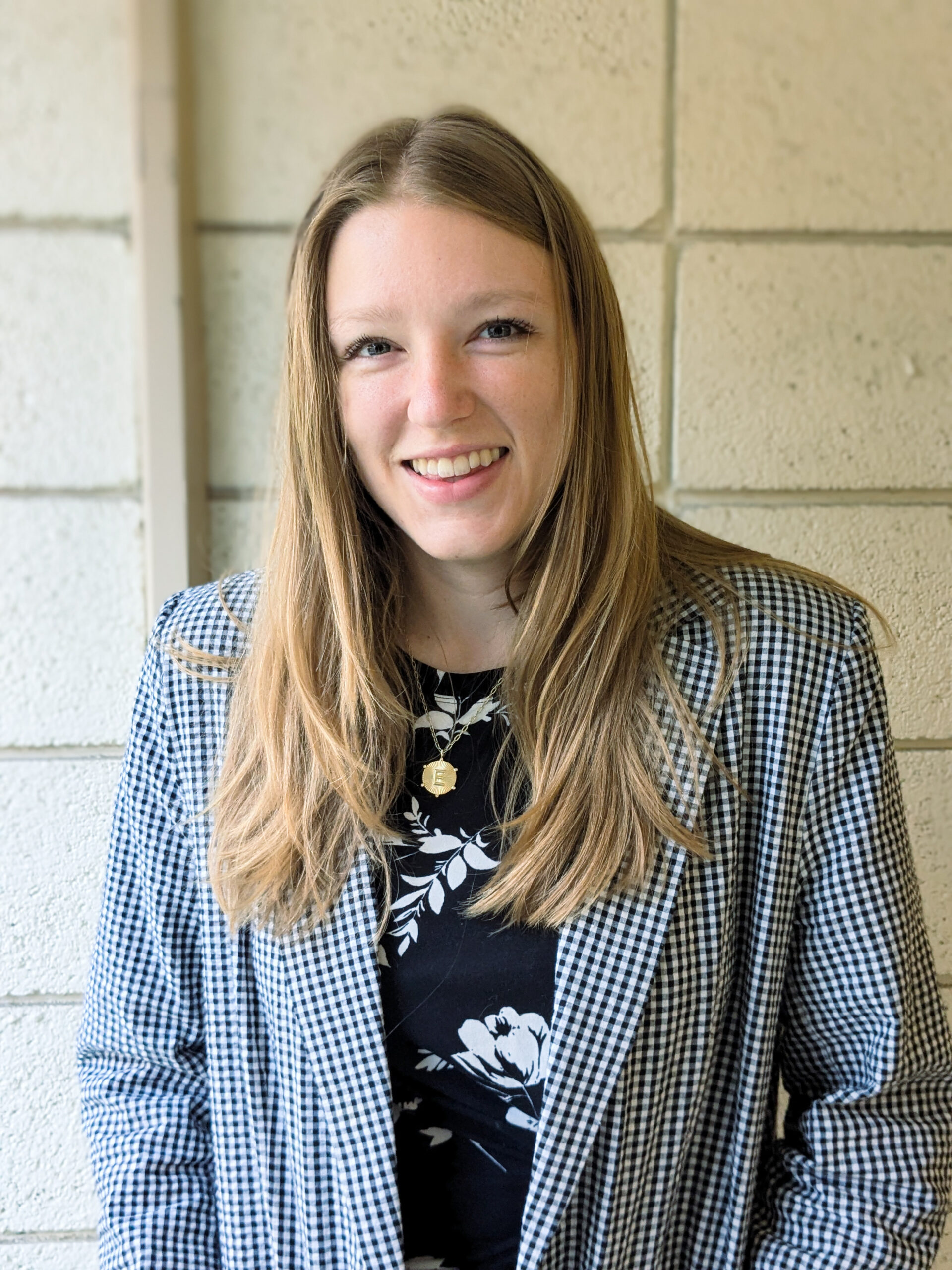 3 A. Lactation Care for the LGBTQIA+ Community & Induction of Lactation in Transgender Women —
3 A. Lactation Care for the LGBTQIA+ Community & Induction of Lactation in Transgender Women —
SPEAKER: Emma Sickles, RDN, CLC
LGBTQIA+ families often face discrimination within healthcare settings, including childbirth and lactation care spaces. Families can be confronted with gendered assumptions and unique barriers that make it more difficult to offer human milk to their infants. This presentation will help you to become familiar with barriers to lactation LGBTQIA+ families may face and provide you with actionable steps to reduce those barriers within your practice and your local community. In addition, it will provide an overview of available case studies on induction of lactation in transgender women to help familiarize lactation care providers with the practice and improve their ability to support transgender parents.
BIO: Emma Sickles is a queer registered dietitian and lactation counselor who loves backpacking, rock climbing, and her dog, Franklin. She has been working in Colorado WIC for the last five years. She graduated from Colorado State University in 2018 with a degree in Food Science and Human Nutrition, she completed her dietetic internship at Tri-County Health Department in 2019, and she became a registered dietitian shortly after. Emma started working in WIC after the internship, and she has never looked back. She loves getting to work with families at such a pivotal, beautiful, and transformative time in their lives. Emma’s interest in lactation grew from seeing how great the need for quality lactation support in her community was. Emma became a CLC in 2020, and she is currently pursuing the IBCLC certification. She is passionate about making breast, chest, and body feeding accessible for all parents and doing so in a way that helps parents realize the power and inner wisdom they hold to care for their children and themselves.
—
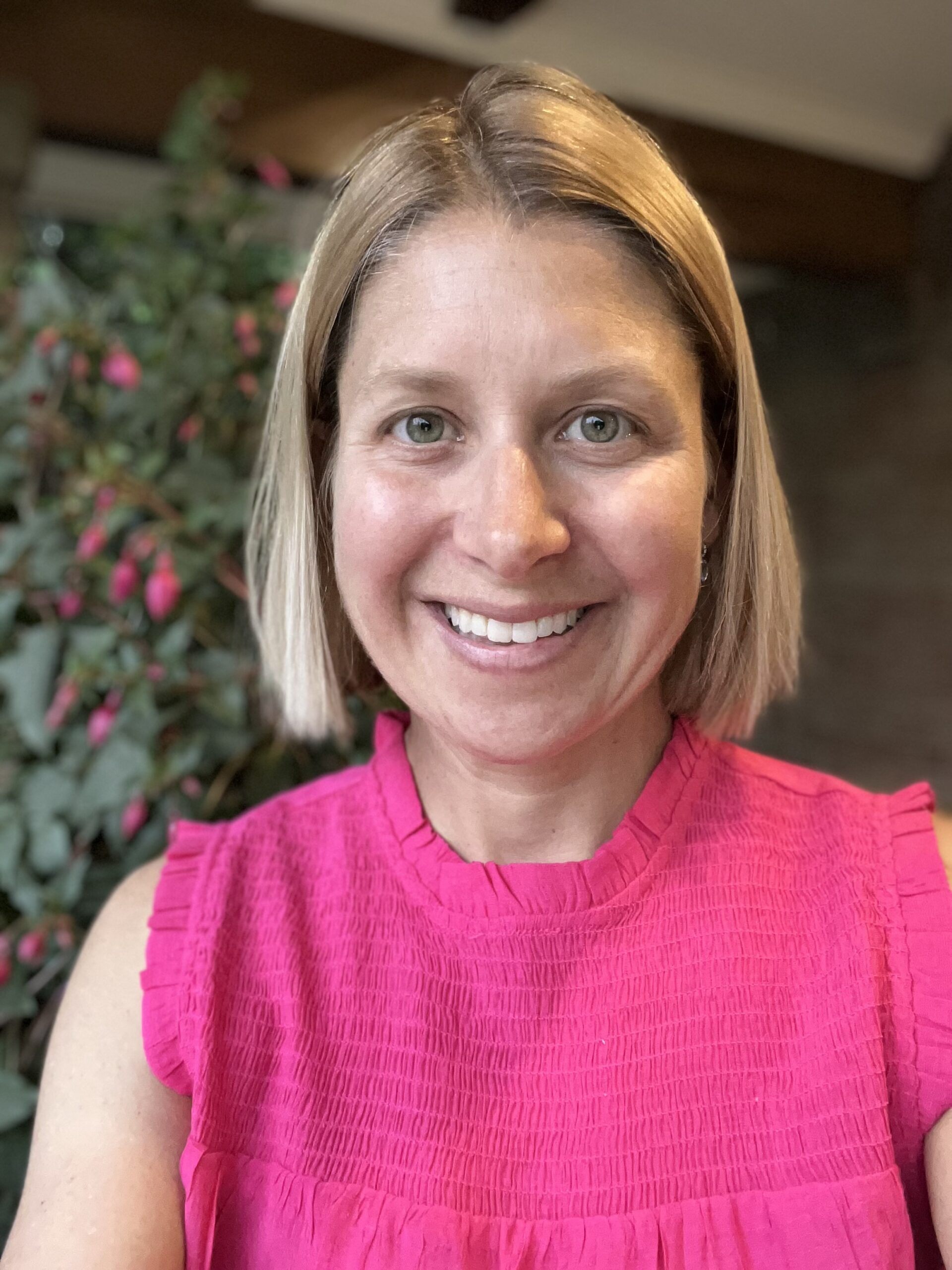 3 B. Infant Mental Health in Breastfeeding: We Are The Angels
3 B. Infant Mental Health in Breastfeeding: We Are The Angels
SPEAKER: Stephanie Dunn, MD, IBCLC, PMH-C
Integral to the understanding of Infant Mental Health is Selma Fraiberg’s work: Ghosts In The Nursery. The ghosts that Fraiberg describes are the forgotten childhood feelings of terror and loneliness that haunt the next generation when those children become parents. Children who have had negative experiences are likely to be mean or neglectful parents themselves, so the pattern repeats itself. We also know, from the ACEs study, that more adverse experiences in childhood translate to poorer health outcomes. Thankfully, positive childhood experiences (PCEs) are the antidotes to negative experiences. Positive experiences are protective and promote healthy child development and sound adult mental health. In her work, Angels In The Nursery, Alicia Leiberman argues that the benevolent experiences with caretakers, or “angels,” can help a person overcome the “ghosts.” Lactation workers must recognize that dyads might be facing ghosts in the nursery. They also should recognize that the ghosts might be affecting the breastfeeding relationship. Lactation workers must act as the “angels” in the nursery by encouraging new parents, discussing their goals, normalizing challenges, recognizing barriers to successful breastfeeding, identifying positive parenting skills, praising the small moments and focus on the positive aspects of the nursing relationship.
BIO: Dr. Stephanie completed her undergraduate studies at Georgetown University and her doctoral studies at New York Medical College. She completed her pediatrics residency at New York Presbyterian Columbia in New York City prior to moving to Colorado. After working in both the emergency room and in general pediatrics here in Denver, Dr. Stephanie decided to narrow her focus to newborns and their families. She is an International Board Certified Lactation Consultant working toward board certification in Breastfeeding and Lactation Medicine. She has completed certificates in both Infant and Early Childhood Mental Health and Perinatal Mental Health.
—
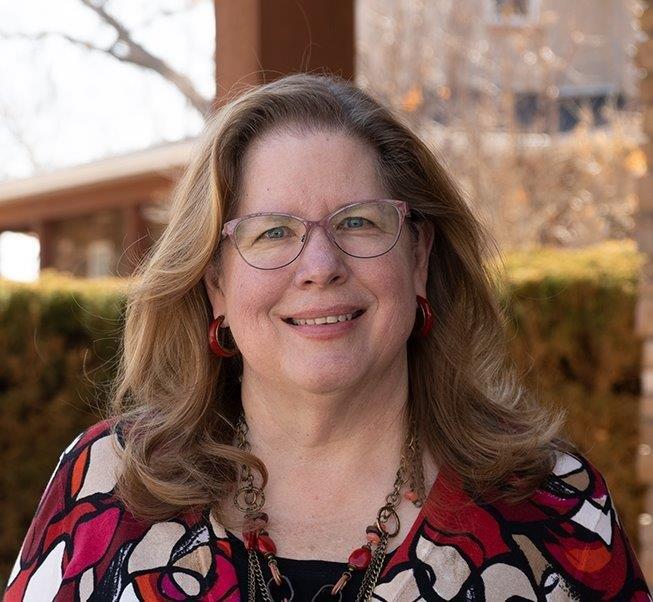 3 C. Nurturing Together: Collaborative Care with Lactation Counselors and Doulas
3 C. Nurturing Together: Collaborative Care with Lactation Counselors and Doulas
SPEAKER: Debbie Young
The postpartum period is a critical time for both mothers and infants, necessitating comprehensive and coordinated care to ensure optimal health outcomes. This presentation explores the synergistic relationship between Postpartum Doulas and International Board Certified Lactation Consultants (IBCLCs) in providing holistic support during this pivotal phase. By combining the emotional and practical support of Postpartum Doulas with the specialized breastfeeding expertise of IBCLCs, we can significantly improve maternal and infant health outcomes. This talk will outline the respective roles and contributions of Postpartum Doulas and IBCLCs, highlighting how their collaboration fosters a supportive environment conducive to successful breastfeeding and overall postpartum recovery. Case studies and evidence-based research will be presented to demonstrate the benefits of this integrated approach, including increased breastfeeding rates, reduced postpartum depression, and enhanced maternal confidence and well-being. Attendees will gain insights into effective strategies for fostering collaboration between Postpartum Doulas and IBCLCs, as well as practical guidance on implementing this model of care in various healthcare settings. By leveraging the strengths of both professions, we can create a comprehensive support system that addresses the multifaceted needs of new mothers and their infants, ultimately leading to better health outcomes for families.
BIO: Debbie Young has devoted over 30 years to her family and other families in the “childbearing year”. While she and her husband were raising their 5 children, she found a passion for helping pregnant, birthing and postpartum families. She has a Bachelor’s in Health Promotion: Women’s Health and a Master’s in Leadership. Debbie has worked with over 5,000 people in hospitals, homes, and private settings as a childbirth educator, doula and lactation specialist. She is a Past President of DONA International. She is currently the President for ICEA. She continues her work as a birth and postpartum doula, doula trainer and offers in-services to medical professionals. Debbie is also the Customer Relations Manager for InJoy Birth and Parenting Education where she connects with professionals to provide materials to educate their students, clients and patients. She also speaks locally, nationally, and internationally, and is a podcaster, and creates webinars and conferences for birth professionals.
BabyMatters.org | @BabyMattersEducation
—
BONUS SESSION: Sept. 19, 2024 10:00-11:00 a.m. Cannabis
SPEAKER: Stacy Miller, PhD, RDN, CLC
Despite the fact that cannabis use has increased, there is limited research on the effects of perinatal cannabis exposure, particularly on cannabinoid concentrations readily available today. During this presentation, attendees will understand emerging evidence, medical organizations’ statements and recommendations, and potential health risks of cannabis use on the unborn and newborn child. Additionally, attendees will gain knowledge on available resources and harm reduction approaches to support clients to quit cannabis use during pregnancy and/or lactation. By sharing fact-based health information in a patient-centered manner throughout the perinatal period, lactaiton and health care providers can support families in making informed health decisions.
BIO: Stacy Miller is a Registered Dietitian, Certified Lactation Counselor, and is the Breastfeeding Specialist for the Prevention Services Division at the Colorado Department of Public Health and Environment. As a member of the Nutrition Services Branch and Healthy Eating Active Living Unit within the Health Promotion and Chronic Disease Prevention Branch, Stacy is the state senior authority on breastfeeding and subject matter expert for the state department and leads breastfeeding protection, promotion, and support programming for the Colorado WIC Program, the Maternal and Child Health Program, and CDC-funded projects to reduce childhood obesity and improve child health outcomes. Stacy is the State WIC Breastfeeding Coordinator and Breastfeeding Peer Counselor Coordinator, facilitates the Colorado Baby-Friendly Hospital Collaborative and actively promotes and supports workplace lactation accommodation, breastfeeding inmate support in jails, and breastfeeding friendly child care and health care provider initiatives throughout the state. Stacy serves on the board of the Colorado Breastfeeding Coalition and assists the nonprofit with numerous annual events and strategic planning. Stacy received her BS degree in Biology from the University of New Mexico, and her MS in Community Nutrition and PhD in Nutritional Science from Colorado State University.
